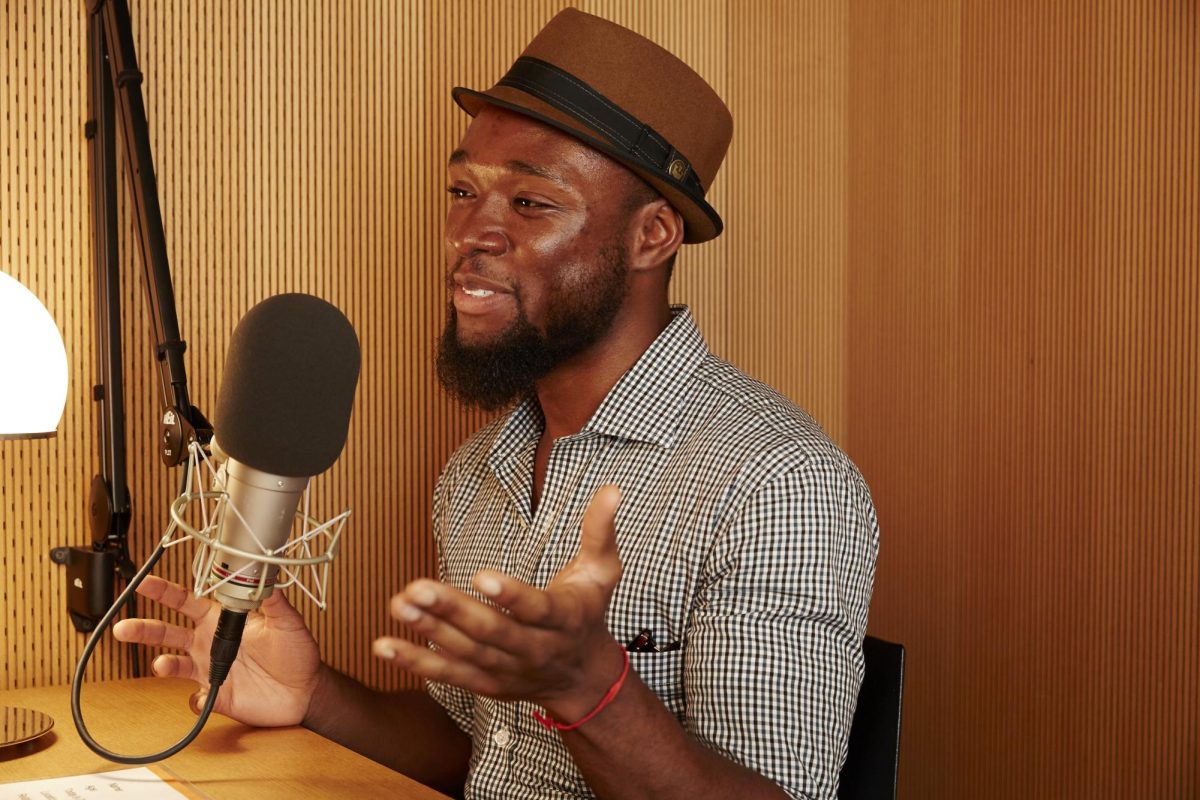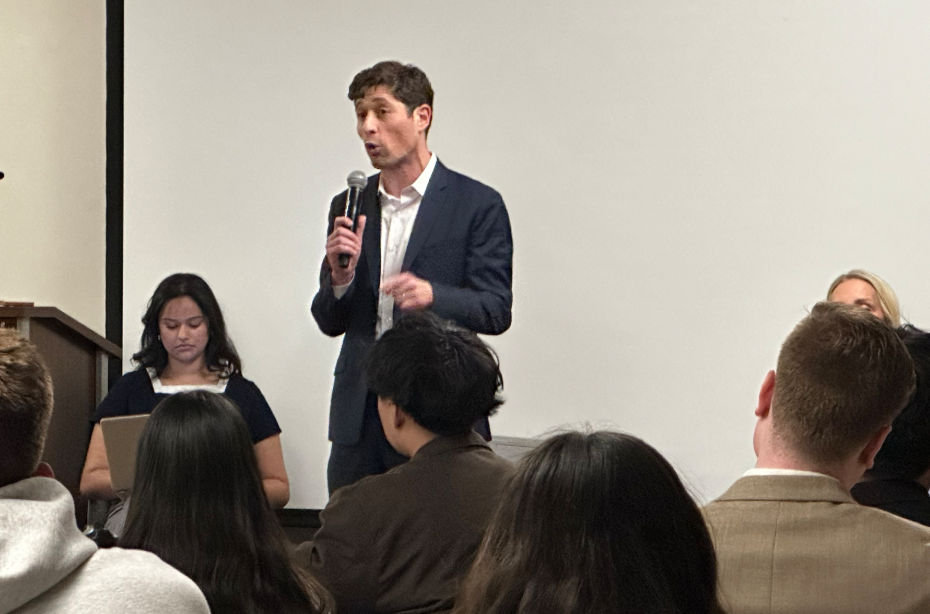A recent study shows students prefer professors they perceive to be “authentic.”
The study, published in Communication Education, surveyed nearly 300 college students on behavior from past professors they deemed to be authentic or inauthentic.
The study found students can distinguish between authentic and inauthentic behavior from professors and learned better from authentic professors, said Zac Johnson, co-author of the study and assistant professor of instructional communications at California State University, Fullerton.
“[It’s] being yourself rather than trying to do the things that pedagogy books would tell you that you have to do in order to be successful as a teacher,” he said.
The study derived “authenticity” from student’s responses and found authentic professors to be approachable, passionate, attentive, capable and knowledgeable.
Authentic behavior was described by students in the study as: sharing personal stories with students, remembering students’ names and being excited about course content.
“Students are paying attention to the things that we do and say in the classroom regardless if it’s related to content or not,” Johnson said.
Despite the authentic characteristics, it’s important for professors to not “fake it,” he said, adding that students can tell when it’s being faked and often react negatively to it.
According to Susanne Jones, a communications professor at the University of Minnesota, students learn better from authentic professors because they are more willing to listen to questions and respond to them passionately.
“These are concrete behaviors…that are directly tied to students absorbing information,” Jones said. “Students will absolutely do better and perform better… if they have instructors who are authentic.”
Michelle Driessen, a chemistry professor at the University who received a teaching award, said there’s often a barrier between students and professors.
Being able to successfully teach relies on your ability to connect with students, she said. “Sharing some of your humanity and helping them understand that you’re a real person outside of what you do on campus, I think, really helps make you more approachable.”
Johnson said authenticity in education has been explored from a philosophical standpoint but not often from an objective standpoint as the study does.
The next steps for this research is to establish a quantitative measure of authenticity to see if it will support their original findings, Johnson said.







